#theroigne de mericourt
Photo
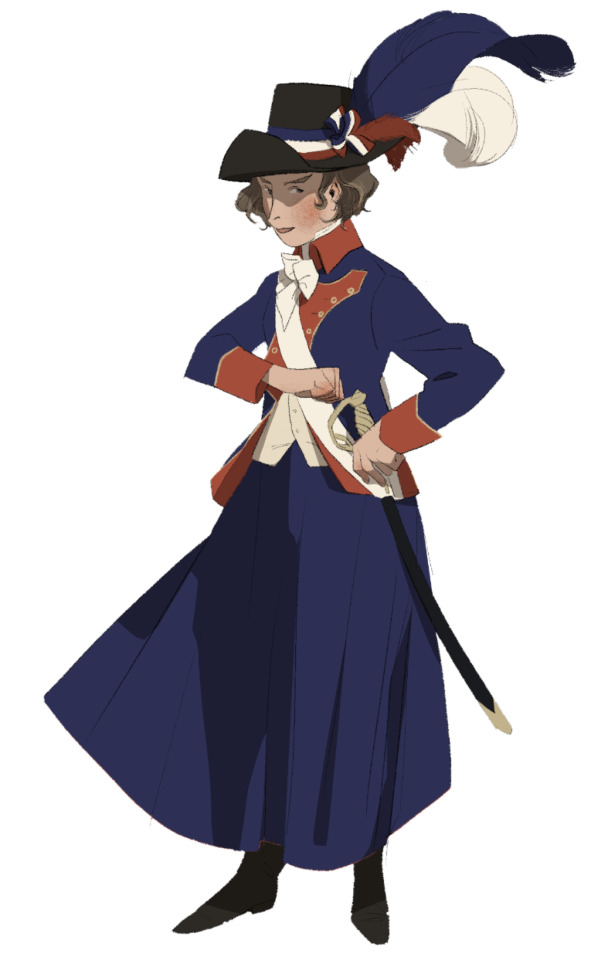
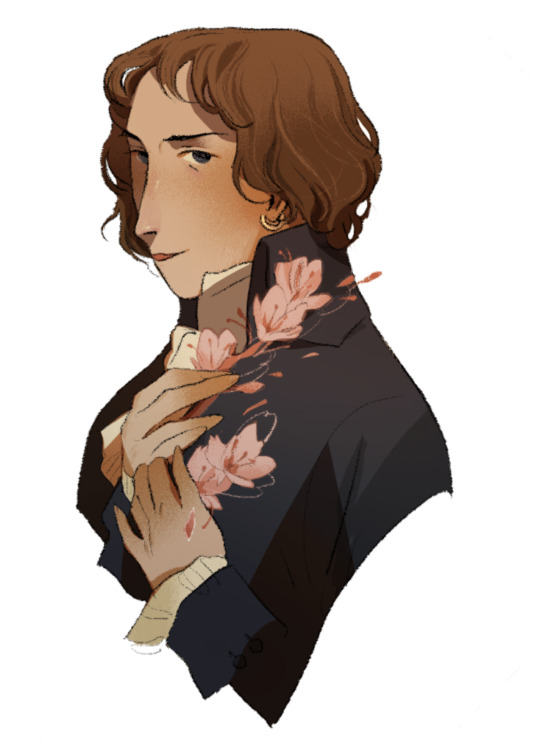
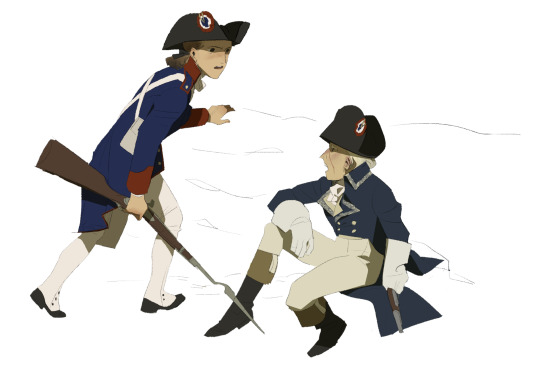
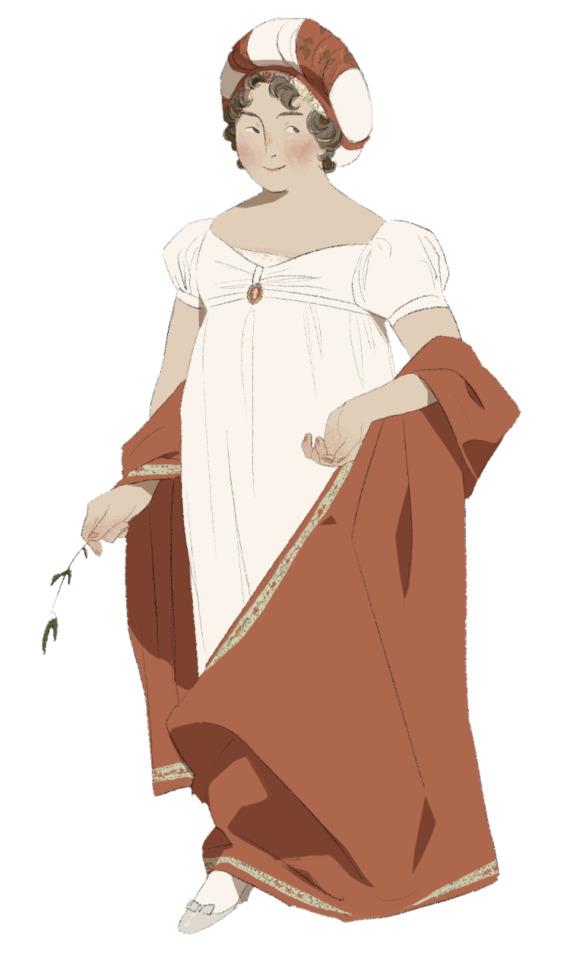
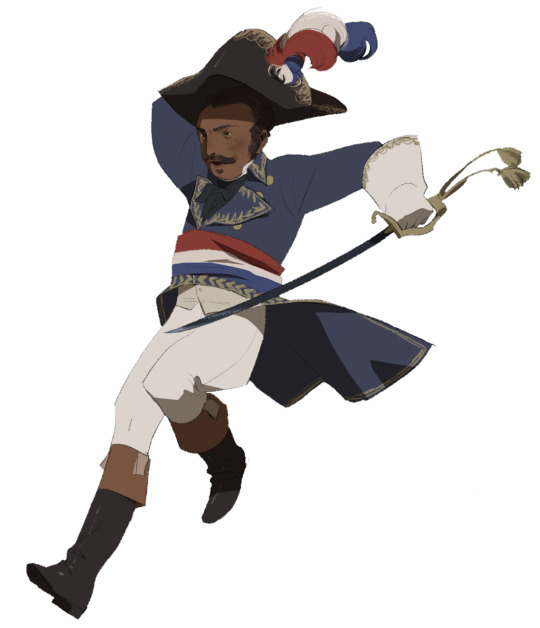
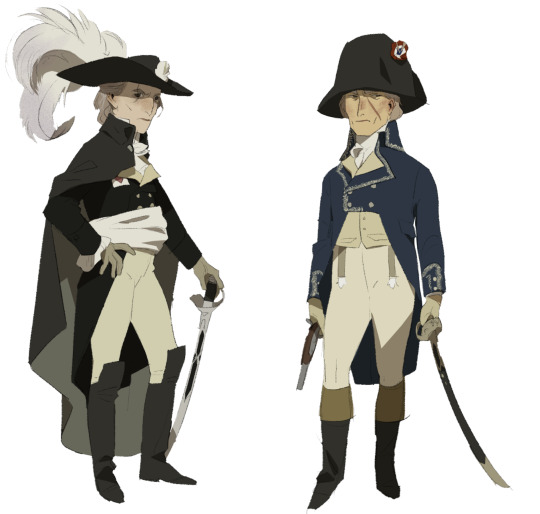
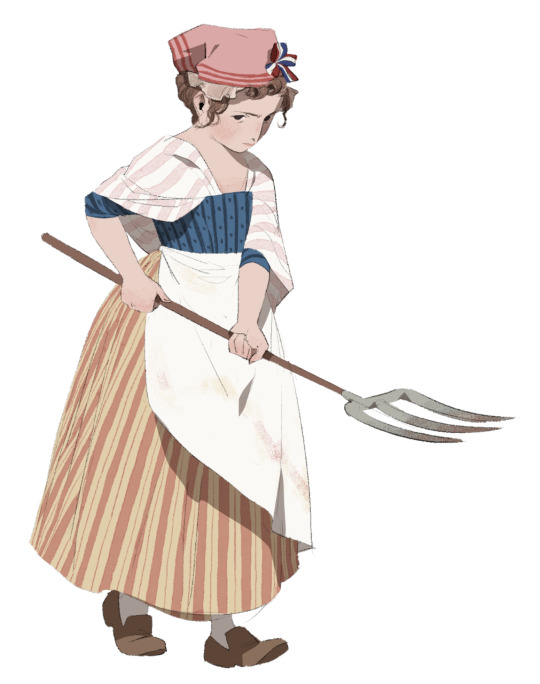
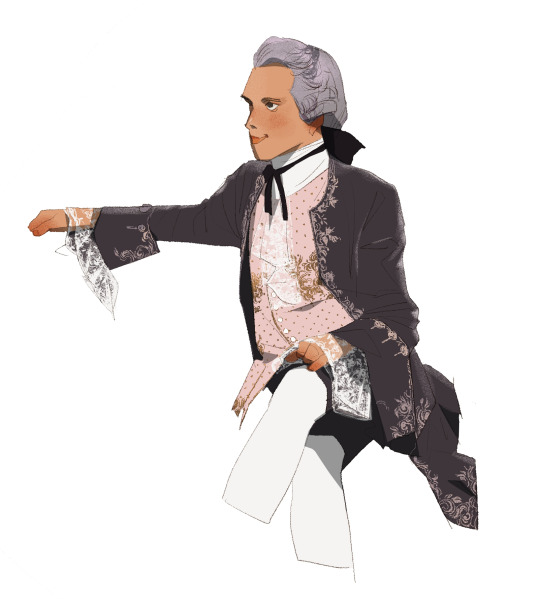
Some non-Robespierre pieces that I haven’t shared here aaa
#pauline leon#dumas#cimordain#ninety-three#victor hugo#dangerous liaisons#saint just#madame de stael#sans-culottes#theroigne de mericourt#personal work
2K notes
·
View notes
Note
Long while back, you answer a question about inspiration for Madame Defarge in the novel "A Tale of Two Cities" and I guess it just stuck in my mind since I was just reading about political cartoonist of the day savaging of Theroigne de Mericourt and Olympe de Gouges and these cartoons may have helped Charles Dickens in his creation of the vengeful tricoteuse Madame Defarge (Thérèse from Theroigne and Defarge from de Gouges), but didn't much more about them?
I'm guessing you're talking about this post.
Theroigne de Mericourt was a leading French revolutionary, who was heavily involved in forming mixed-gender and women's political clubs. She became quite famous when she was arrested by the Austrians and rather violently interrogated as a supposed instigator of the Women's March on Versailles. She returned to France a revolutionary martyr, spent some time trying to recruit women's revolutionary battalions, and then was involved in the Insurrection of August 10th, where republican forces stormed the Tuileries Palace and forced the abolition of the monarchy.
While initially quite close to the Jacobins, Théroigne allied with the Girondins and was assaulted by pro-Jacobin women, requiring Marat's rescue. However, the head injuries she suffered during the attack led to increasing mental issues, and she was institutionalized from 1794 until her death in 1817.

I do find it interesting that, if Dickins did base Defarge on Théroigne, he left out the major (and visually dramatic) aspect of her public persona - her habit of wearing men's clothes, which was a constant theme of both her negative and positive press. (Lots of classical references to Amazons.)
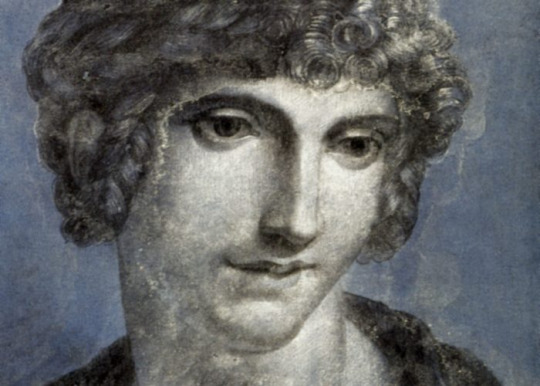
If Théroigne was the street-fighter and orator, De Gouges was the intellectual. A voluminous playwright and pamphleteer and a constant fixture of the leading salons of Paris, De Gouges was probably best known for her "Declaration of the Rights of Women and the Female Citizen" - which criticized the misogyny and patriarchy of male revolutionaries and called for equal rights for women.
Like Théroigne, De Gouges was a leading member of the Amis de la Verité, the most prominent women's political club in Paris. In addition to her advocacy for women's equality, De Gouges was a leading abolitionist and was accused of having incited the Haitian Revolution with her anti-slavery plays, which is just wild.
However, De Gouges lost a lot of political capital for opposing the execution of the King and preferring constitutional monarchy to repiblicanism. Like Théroigne, De Gouges backed the Girondins and criticized the Montagnards in the press - which led her to being arrested as a royalist, put on trial for sedition and monarchism, and ultimately executed by order of the Revolutionary Tribunal.
I don't think De Gouges is a good fit for Defarge - not only was she firmly bourgeois rather than sans-culotte, and the furthest thing from a Jacobin radical, but there's not a trace of De Gouges' literary and theatrical background in Defarge.
So yeah, if these women were the basis for Dickens' Defarge, he didn't do a very good job of highlighting the things that made them famous in the first place.
#history#historical analysis#french revolution#theroigne de mericourt#olympe de gouges#charles dickens#a tale of two cities#madame defarge#french history
24 notes
·
View notes
Text
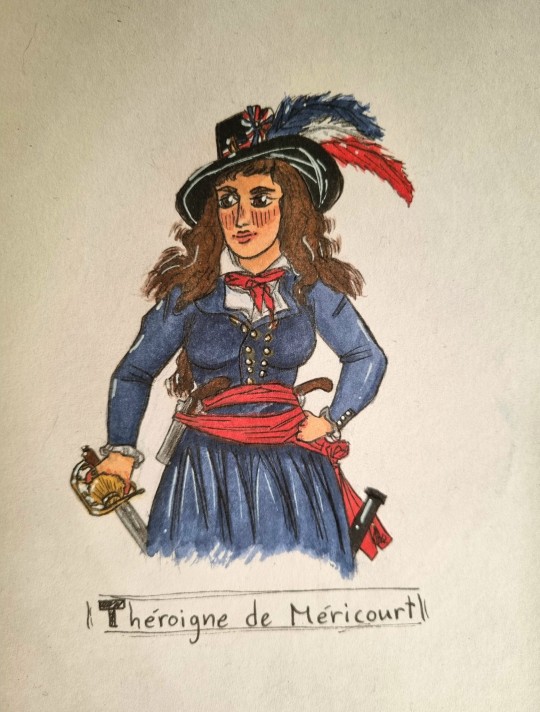
Redraw from a painting of Théroigne de Méricourt
45 notes
·
View notes
Text
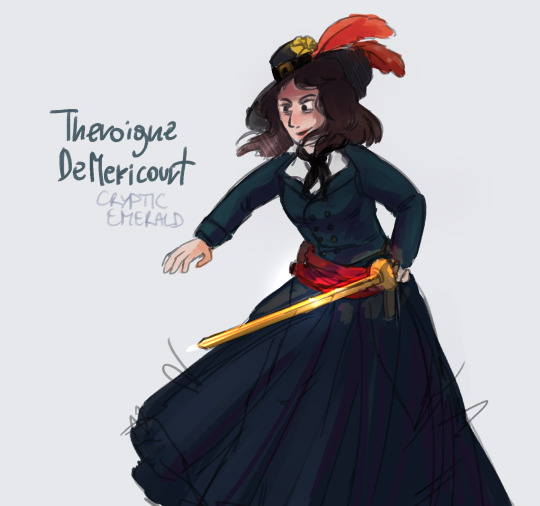
funky doodle ft theroigne, the girlboss ever
#theroigne#theroigne de mericourt#theroigne mericourt#my art#frevblr#frevblr community#french revolution
28 notes
·
View notes
Note
i heard somewhere that collot and theroigne were exes. is this true? and if so, HOW did he pull her
I also heard of it, but not sure what the source is, or how reliable. It could be some slander, or a random rumour? There were many baseless claims about who hooked up with who (in addition to correct gossip). I am afraid I don't know more, but it's sure intriguing (in the "why, girl?" sort of a way). And it might as well be true.
As to "how"... I am afraid that Collot was considered hot, AND he was an actor so I guess he had some charm.
#ask#anonymous#frev#collot#theroigne de mericourt#i don't remember if the rumour said she broke up with him#or the other way around#in any case... mess
13 notes
·
View notes
Text

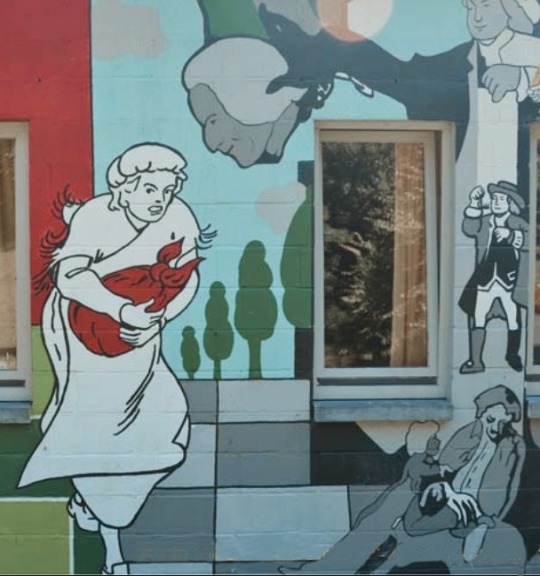
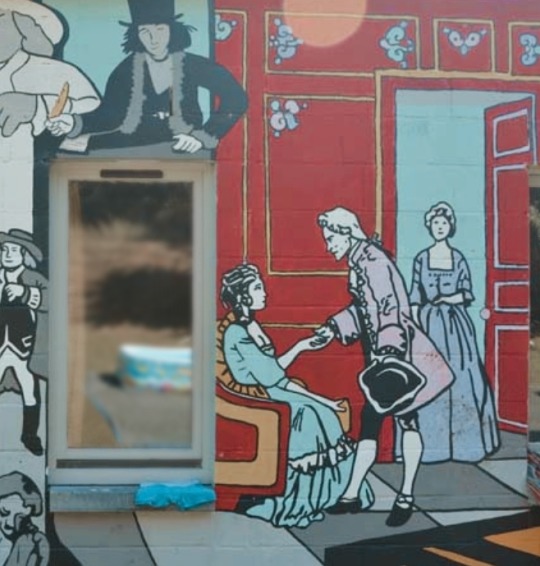
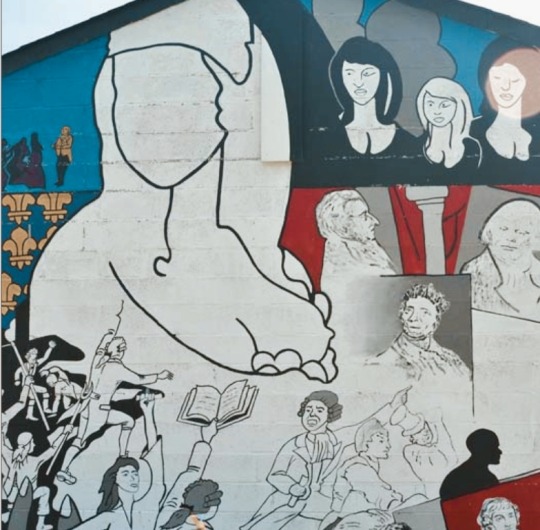
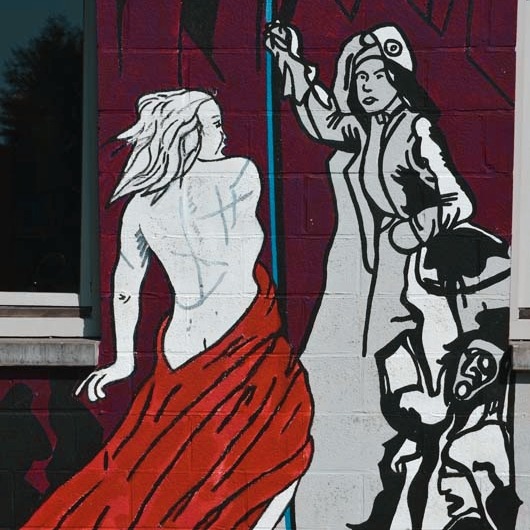

Scenes from the life of Théroigne de Mericourt, Rue des Martyrs in Marcourt.
16 notes
·
View notes
Text
REINE AUDU // HEROINE
“She was a French fruit seller, known for her participation in the French Revolution. She was counted as one of the Heroines of the revolution. On 5 October 1789 she, alongside Theroigne de Mericourt, led The Women's March on Versailles. At Versailles, she belonged to the delegation allowed an audience with the monarch to put forward their complaints. She led the march back to Paris with the royal court in triumph. Afterwards, however, she was imprisoned in Grand Châtelet and Conciergerie. She was freed 15 September 1791 by the efforts of the Cordeliers and Louis-Barthélemy Chenaux. On 10 August 1792, she participated in the storming of the Tuileries Palace. She fought personally with the soldiers of the Swiss guard. She was honoured with a sword by the Paris commune for her acts.”
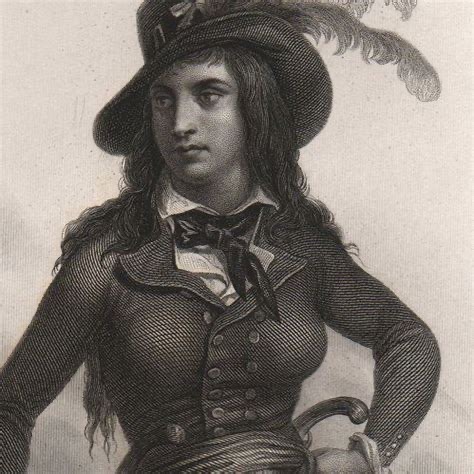

8 notes
·
View notes
Note
I read a crappy book that was supposed to tell me something about theroigne de mericourt but i was left with nothing except the certainty that the author was very misogynistic. Do you have any recommendations (post, books, whatever) to learn about her properly? Thanks
Étude historique et biographique sur Théroigne de Méricourt: avec deux portraits et un fac-similé d’autographe (1886) by Marcellin Pellet
Trois femmes de la Révolution: Olympe de Gouges, Théroigne de Méricourt, Rose Lacombe (1900) by Léopold Lacour
La Vraie Théroigne de Méricourt (1903)
A woman of the revolution: Theroigne de Méricourt (1911) by Frank Hamel
The women of Paris and their French Revolution (1998) by Dominique Godineau
Liberty: the lives and times of six women in Revolutionary France (2006) by Lucy Moore (chapters 3 and 6)
All of Méricourt’s identified works, of which three have been digitalized
Camille Desmoulins talks about Méricourt and summarizes one of her speeches in number 14 of Révolutions de France et de Bravant (1790)
Article on Méricourt by Women in the French Revolution: a resource guide
Article on Méricourt by BNF Gallica
26 notes
·
View notes
Note
Ask game 1, 4, 25, & 26
1. Who is your favorite historical person?
This question is super difficult… but let’s say if you asked one of my closest friends who my favorite historical figures is, they’d definitely say Saint-Just. He’s the one I most talk about.
4. Favorite historical era?
Late 18th century. Just… shitshow everywhere, Brazil, the US, France, England… the world was on fire and it’s entertaining lmao.
25. Who is the most overrated historical figure, in your opinion?
Washington.
26. Who do you think is a forgotten hero we should know about and admire?
The question says “hero”, singular, but I’d like to say the working class women in the frev. Claire Lacombe, Pauline Léon, Theroigne de Mericourt, and many more unnamed women and girls. Idk how well they are remembered in France, but in my experience mostly consuming Anglophone and Lusophone frev historians they usually are hardly mentioned, or they get villainized/erased in favor of their bourgeois/royalist counterparts.
2 notes
·
View notes
Photo

Anne-Josèphe Théroigne de Méricourt
collab with @mogruith
#Theroigne de Mericourt#AC: Unity#Assassin's Creed Unity#AC Unity#AC: u#seemed like today was the perfect day to share her pic
21 notes
·
View notes
Text
Frev prompts, Part 12! We’re officially reaching the number 100, Citizens! I honestly thought I’d be done with the prompts at this point but trust me, I still have ideas.
96. The protagonist is a fairly average person. A workaholic with almost no time to spare for personal life, they hate the job and the abusive boss but believe that they have no other option in life.
Or rather, they used to believe it until a chance encounter with one Monsieur Berthier, an equally overworked and miserable man who seems to have arrived from a different time period by unknown means. This encounter, Berthier’s mental state that mirrors that of the protagonist to an alarming degree and other mysterious events force the protagonist to question their life choices and consider other options for the first time in years.
Moreover, when the protagonist turns to a relative who owns a time machine and tries to return their new acquaintance home, the machine malfunctions and traps the protagonist and Monsieur Berthier in France of 1789, where the French Revolution is about to begin.
Stranded in 1789 and only able to rely on each other, the two must survive, return to their respective time periods and try not to accidentally mess up history while they’re at it. It’s not easy, but at least Monsieur Berthier seems quite versed in the history of the Revolution…
97. When the protagonist, a stereotypical adventurous investigative reporter with a budding interest in the French Revolution, is sent undercover to an asylum to investigate its conditions, they are determined to expose whatever is going on in that sketchy institution, not expecting any surprises.
Interestingly enough, the surprises do come in the form of the three people who the protagonist first meets in the asylum - an avid (yet terrible) flutist named Michel, a womanizing man with only one eye and a knack for finding treasures called André and a woman who responds to the unusual name of Theroigne.
While all of them seem to have genuine issues with their mental health, the protagonist can’t help but get the impression that there’s something off about their new allies, as if they’re not even from our time period.
Being a good intrepid reporter, the protagonist decides to continue the investigation. Who runs this strange place? Why would they lock up historical figures? Are André’s words about a secret treasure being hidden on the premises true? And could this be the undisclosed location to which the protagonist’s mother, a reclusive French Revolution enthusiast called Charlotte, had been taken a while ago?
98. In 1789, as the events of the Revolution are only beginning to unfold, a dying noble leaves his son everything, on the condition that said son marries a particular noblewoman from a powerful family.
While at first the arrangement doesn’t seem all that unusual, soon the main character notices that this noblewoman is a sympathizer of the revolutionaries and exhibits suspicious behavior from time to time.
Could she be in cahoots with the revolutionaries? Why would the nobleman’s father arrange for his son to marry a “rebel”?
Overcome by questions with no answers in sight, the main character follows his future spouse to one of her “meetings with friends”...
99. 1804, Paris. Napoleon Bonaparte has just become the Emperor of the French. Seeing as he is at the top of the country’s hierarchy, it seems like his authority won’t be challenged by anyone in their right mind.
That is until a group of Jacobins, furious that one of their own betrayed the Revolution and became a monarch (albeit with a different fancy title), steps in and plans a coup to get rid of this Corsican nuisance.
And, as it turns out, they’re not alone in their desire to get rid of the emperor, for these Jacobins find an extremely unlikely ally in one Joseph Fouché, who has just been appointed as the Minister of Police for the second time. Now this cunning cruel fox, having caught wind of what these Jacobins are planning, has just contacted them and offered them his help with the coup.
And even though the Jacobins agree to this alliance, they are far from stupid and fully aware of the crimes that Fouché covered up years ago. It doesn’t help that one of the rebels is from Lyon while the other is trying to avenge one of the executed Montagnards for a personal reason.
Cunning as the mitrailleur of Lyon might be, his decision might just contribute to dire consequences and ensure his long overdue downfall…
100. When the two protagonists first came to Paris during their travels, they didn’t quite expect to end up trapped in France and become caught up in the events of the Revolution.
Unfortunately for them, this is exactly what happens and although the protagonists try to stay out of the conflict altogether at first, they too end up roped into the situation when they help a wounded man hide from pursuers.
Said man turns out to be a revolutionary and, claiming that associating with him is putting the protagonists into hot water already, offers them to join the cause in exchange for an opportunity to leave France as soon as the Jacobins succeed.
Despite all the potential risks, the offer sounds tempting and, as the saying goes, desperate times call for desperate measures...
#marshal berthier#louis alexandre berthier#michel ney#marshal ney#andre massena#marshal massena#theroigne de mericourt#charlotte robespierre#napoleon bonaparte#I still refuse to make a fouche tag#frev writing prompts#french revolution#frev#history#robespierre#french history
22 notes
·
View notes
Text

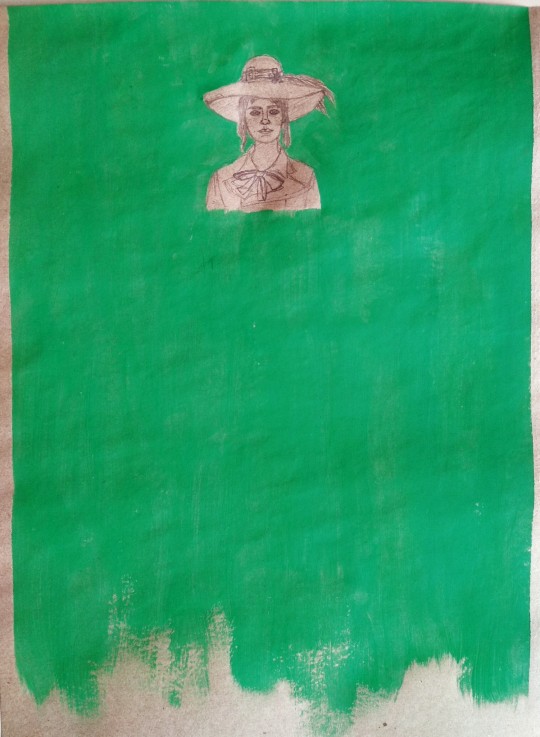
Théroigne de Méricourt with pastel dark green background is September's Girl in pastel.
#theroigne de mericourt#made by me 😊#share if you want#use if you want#Female characters#Ac unity#Painting/drawing#Girl in pastel
10 notes
·
View notes
Audio
“We ask for food, and they feed us grapeshots! Forward to Versailles, citizens!” - Théroigne de Méricourt
38 notes
·
View notes
Text
rereading Claretie’s bio of Desmoulins on behalf of @pilferingapples and
I forgot that there were rumors of a relationship between Camille and Théroigne de Méricourt
can you imagine the CHAOS of THOSE TWO
#ari babbles#just#WILD#frev#camille desmoulins#theroigne de mericourt#i dont necessarily believe the rumors#but the idea made me laugh#chaooooos
26 notes
·
View notes
Text
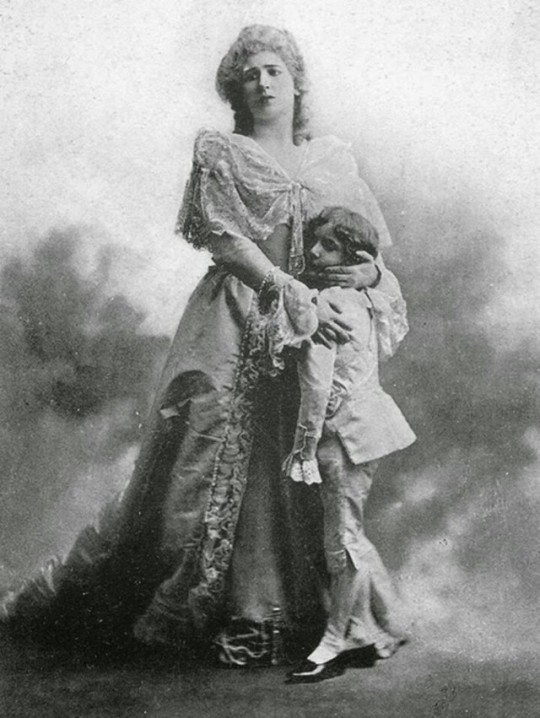
Blanche Dufrene as Marie Antoinette and an unknown actor as Louis Charles, in a promo postcard for the play Theroigne de Mericourt, by Paul Hervieu, Sarah Bernhardt, 1902- 1903
#marie antoinette#louis charles de france#history#blanche dufrene#early 20th century#oh gosh 20th century starts in 1901#paul hervieu#sarah bernhardt#play#theatre#1900s#theroigne de mericourt
32 notes
·
View notes
Text
Fabre hitting on Théroigne de Mericourt (and failing) in Paul Hervieu's play
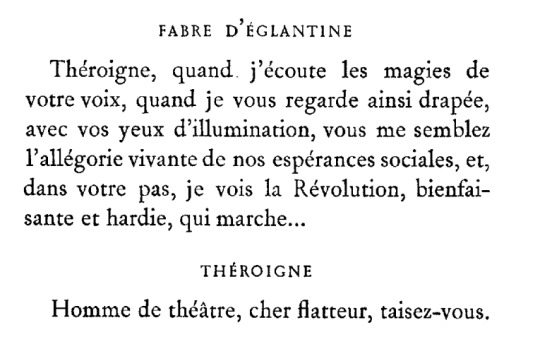
Fabre d'Églantine: Théroigne, when I listen to the magic of your voice, when I look at you thus draped, with your eyes of illumination, you seem to me the living allegory of our social hopes, and, in your step, I see the Revolution, beneficent and bold, which...
Théroigne: Man of the theater, dear flatterer, shut up.
#lmao they were talking about the calendar with some obvious flirting but this one is just pure gold#paul hervieu#theroigne de mericourt#fabre d'eglantine#plays#fabre library
25 notes
·
View notes